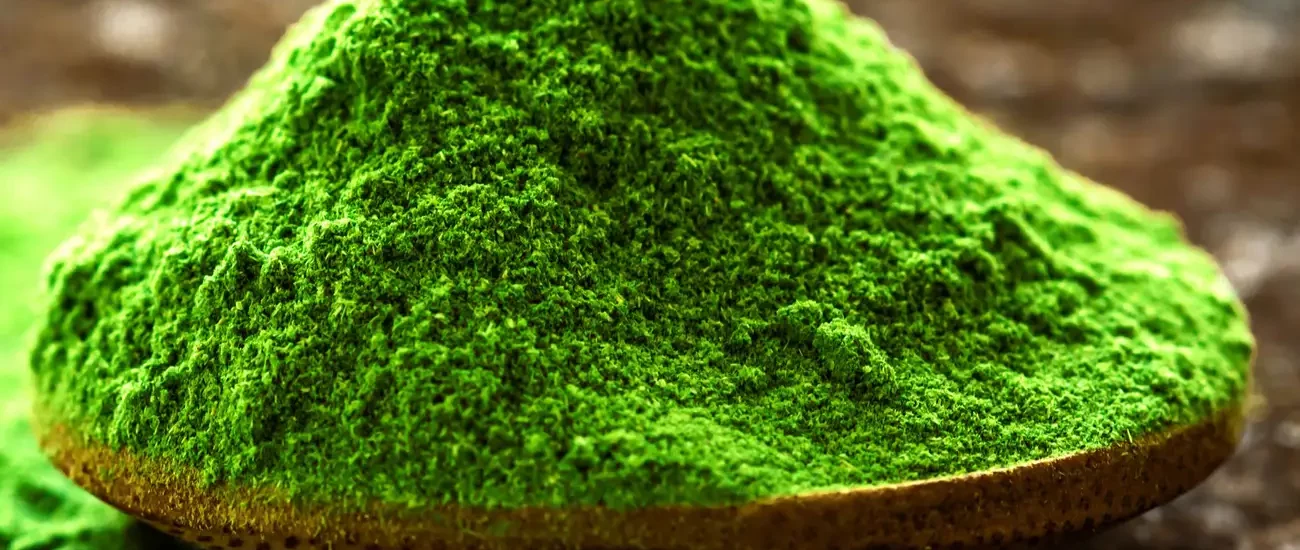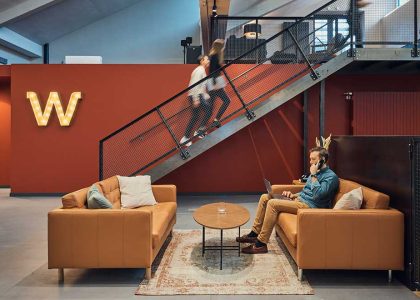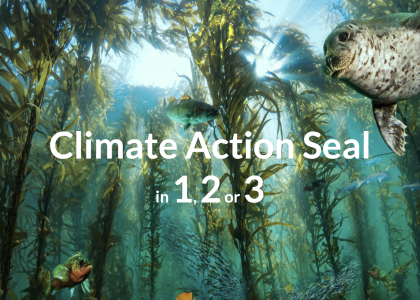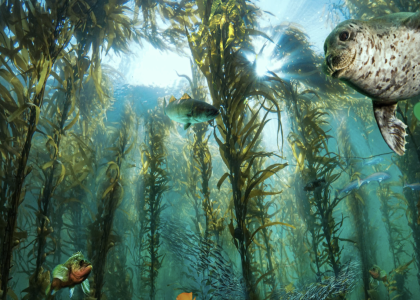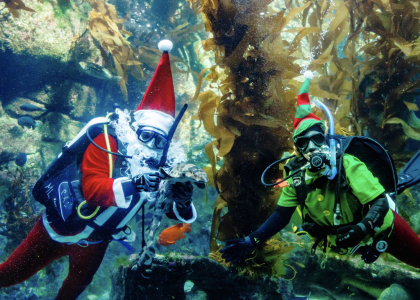It’s estimated that by 2040, 1.3 billion tons of plastic will flood the Earth’s oceans and land. Among the main culprits in plastic garbage are single-use plastics like bottles and wrappers.
Single-use food and drink packaging make up the bulk of garbage floating in our oceans.
In Europe alone, between 307 and 925 million litter items are released annually from Europe into the ocean, according to research published in the Nature Sustainability.
Of these, plastic accounts for up to 82% of trash — this consists mainly of bottles, bags, and food containers.
In recent decades, the relentless rise in single-use plastics has exceeded the processing capacity of waste management systems, becoming a threat to the environment.
300 million tons of this material are generated each year, according to Plastic Oceans, and up to 1.3 billion tons of plastic could flood the oceans and land in the space of just two decades.
To avoid plastic waste, many companies have accepted that the solution is a real commitment to alternative and sustainable materials.
Here are some examples on how algae can be used to exchange plastic with bioplastics;
Coffee pods that can be composted
A coffee pod takes 500 years to decompose.
It’s estimated that around 20,000 million are thrown away each year across the globe, according to The Guardian — that’s enough pods to circle our planet 14 times.
The design means the plastic container in which the capsules sit can be eliminated from the design.
Though the cardboard used in the packaging is 100% recyclable, the design also reduces the amount of cardboard used for packaging by up to 45%,.
Cafés Novell have designed compostable coffee capsules that are compatible with Nespresso coffee machines.
The design means the plastic container in which the capsules sit can be eliminated from the design.
Though the cardboard used in the packaging is 100% recyclable, the design also reduces the amount of cardboard used for packaging by up to 45%.
This means the podscan be deposited into organic waste, breaking down in between 12 to 20 weeks.
Edible packaging based on algae
Based in London, startup Notpla aims to make packaging disappear entirely.
Notpla has created Ooho, an alternative to plastic produced using algae.
Not only is it that is not only biodegradable; it’s also edible. If thrown away, it only takes a few weeks to break down.
Designed to contain liquid, the unusual material has already been used at Roland Garros and the London Marathon.
Notpla is also working on algae packaging to replace cardboard boxes, which they’re already testing in London with Just Eat as a partner, according to the company’s CEO.
Plastic made from seaweed
Catalan ecodesign startup Oimo has developed a range of biomaterials that are compatible with classic plastic machinery.
Using seaweed extracts, natural sugars, or non-toxic vegetable oils, and marine substances, the company has managed to make a sustainable material similar to plastic.
“We have developed a type of sustainable packaging that weighs little and is easy to work with to achieve the necessary flexibility or rigidity according to the needs of the different possible applications,” the startup’s CEO Albert Marfà told Residuos Profesionales.


